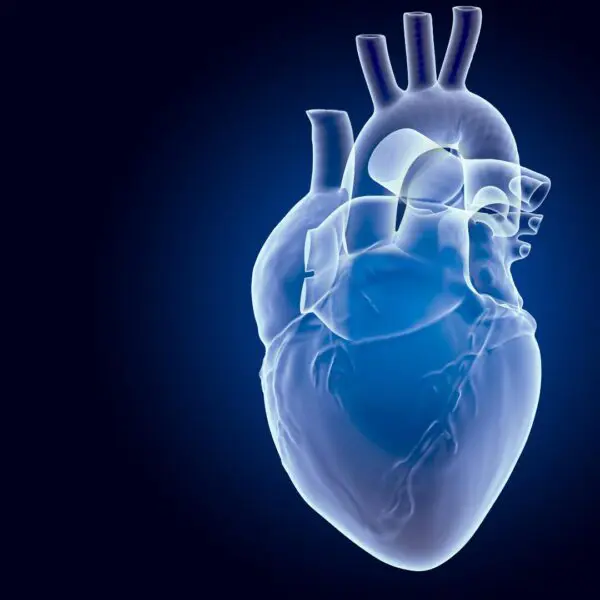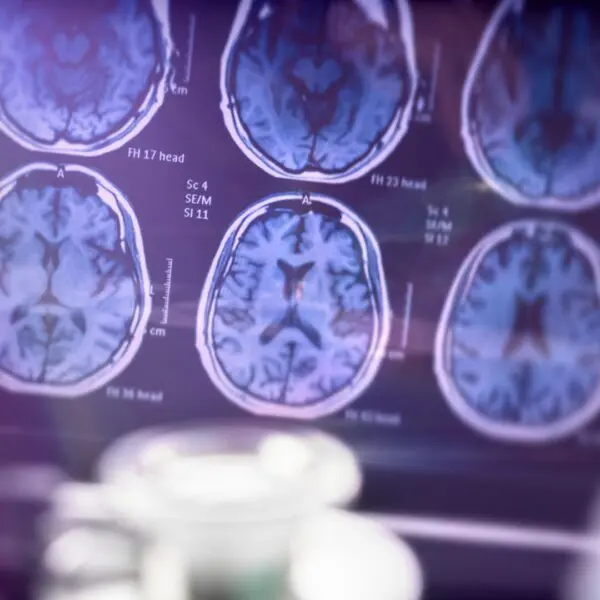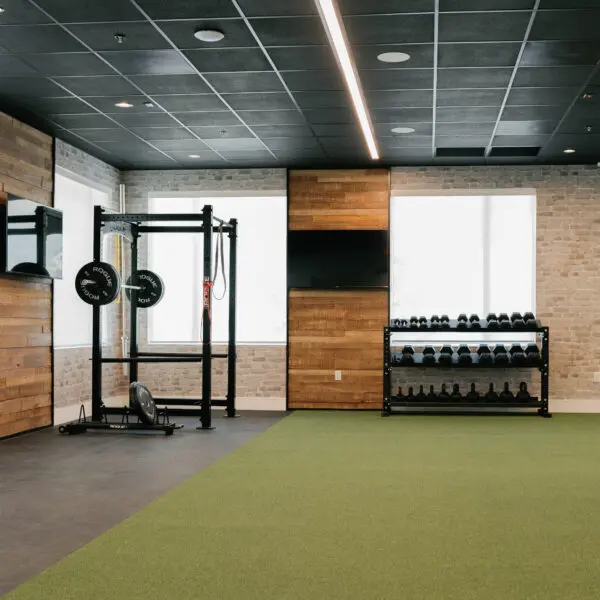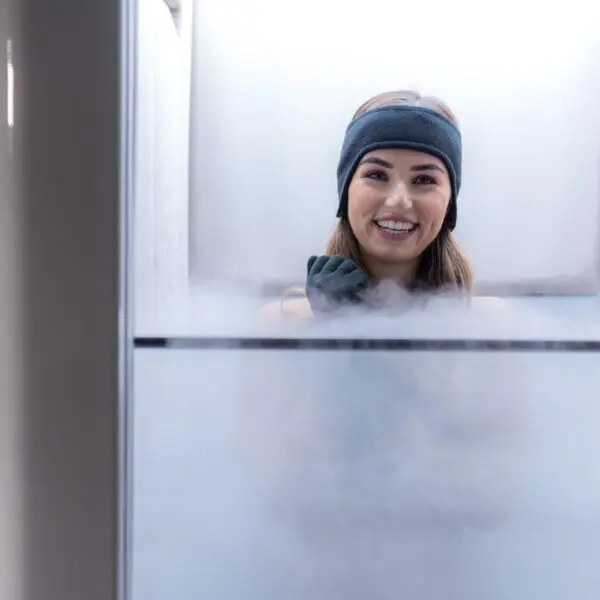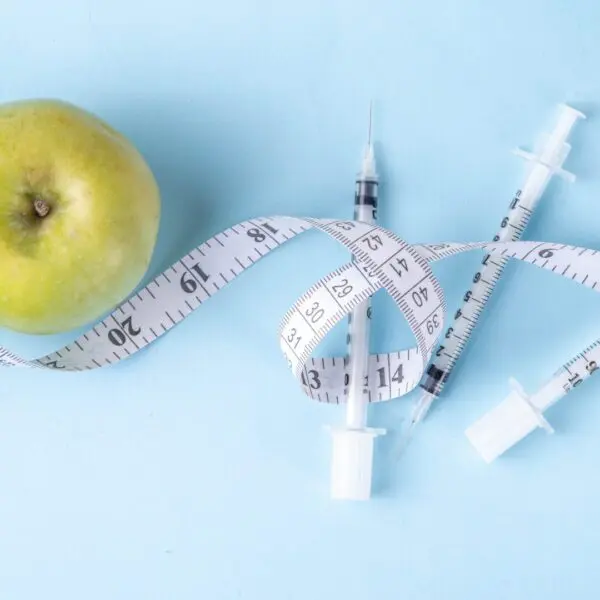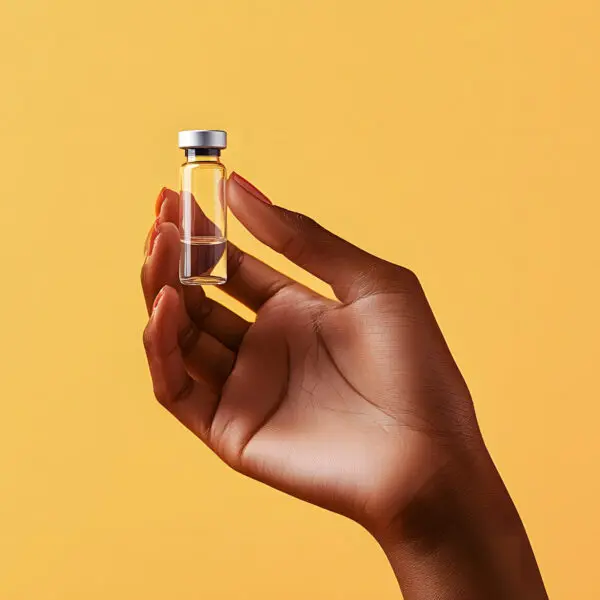What’s the first thing that comes to your mind when you think of anti-aging? For many of us, our minds go directly to the cosmetic industry, thinking about looking younger, reducing fine lines and wrinkles. The quest to find the ‘fountain of youth’ is nothing new, but the concept of anti-aging spans far beyond its superficial connotations.
Let’s first get clear on what anti-aging medicine entails. Anti-aging medicine seeks to treat the underlying cause of aging, prevent decline in health as we age, as well as alleviate symptoms of age related ailments, like arthritis, osteoporosis, dementia, stroke, etc. Ultimately, the goal is to extend an individual’s healthy lifespan. Let’s discuss a few misconceptions about aging.
- It’s all in the genes
We live in an exciting time where advancements in technology and genomic research are creating major transformations in medicine, where the focus has shifted from disease treatment to disease prevention. We know that every cell in our body contains packages, or a map of DNA (chromosomes) that we inherit from our mother and father. However, new discoveries in the field of epigenetics highlight that genes aren’t the only determining factor of health and disease. An individual’s environment, behaviors, lifestyle and choices all affect the way our body reads our map of DNA. Epigenetic changes, such as diet, exercise, and lifestyle all affect the way our genes are expressed, handling situations such as immune and inflammatory regulation. Epigenetics has discovered that consumption of fast, processed, and sugary foods, exposure to toxins, and a sedentary lifestyle turns on genes that promote the production of inflammation. Inflammation disrupts the body’s regulatory process, ultimately leading to disease.
- Physical and mental deterioration are inevitable
There’s a good chance you’ve heard someone say, “use it or lose it”. This sentiment also applies to both physical and mental status as we get older. The more you practice or exercise an ability, the less likely you are to lose that skill. If we do not exercise our physical bodies, we will lose strength, stamina and endurance. Strength training and exercise helps to combat deterioration of bone and muscle, and helps to retain functional integrity. Exercising mental faculties also helps to keep the brain engaged and prevent degenerative conditions.
- Older adults have multiple health conditions
Many studies show that maintaining a healthy lifestyle and taking care of your health as you age can help prevent all kinds of health conditions commonly associated with age. Proper care of our physical health through exercise and nutrition, as well as mental and emotional wellbeing lead to healthier outcomes for older adults.
- Science has all the answers on aging
While we have discovered a great deal about the aging process, such as why and how it happens and how to slow it down, however, there is a lot we do not know. If you’re interested in learning more on the latest cutting edge research on the aging process, David Sinclair’s book, Why We Age, and Why We Don’t Have To, is a wonderful resource.
